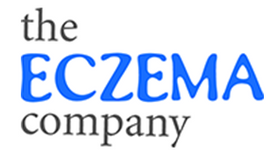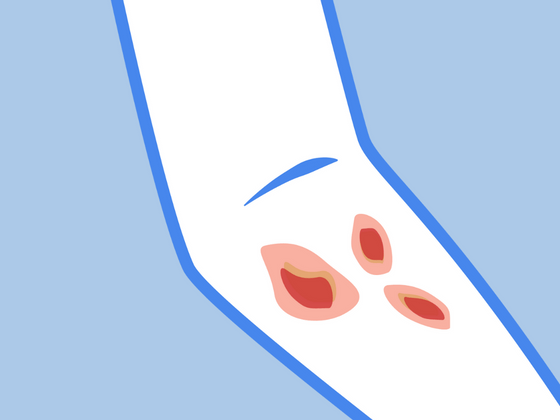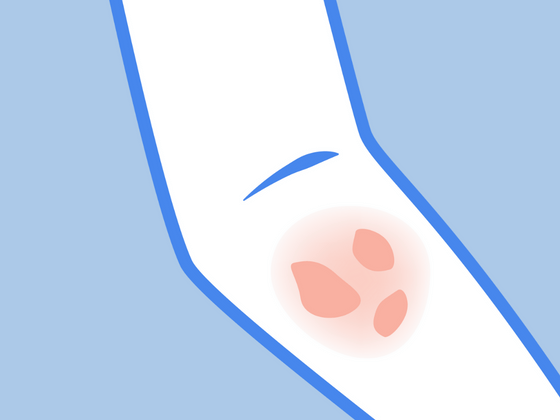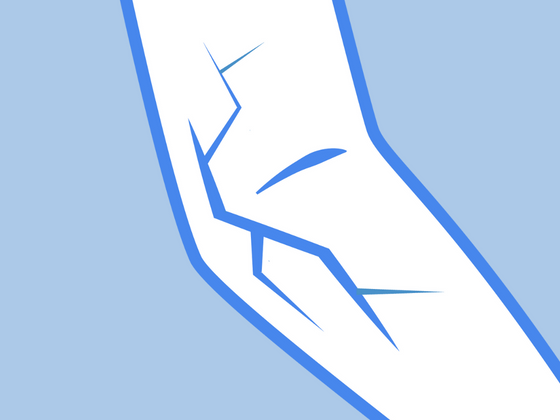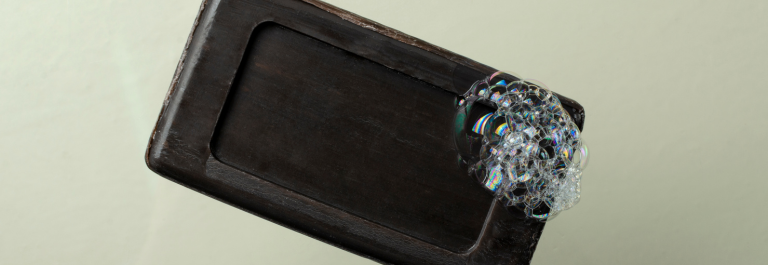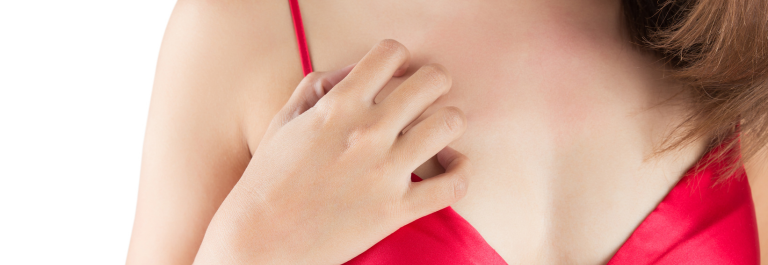Used for over 100 years to treat various skin conditions, coal tar is a lesser-known remedy for the painful and itchy symptoms of eczema, psoriasis, and seborrheic dermatitis. Dermatologists do not often recommend using crude coal tar; a more refined product is found in coal tar shampoos, creams, gels, and soaks.
Throughout this blog, we'll explore everything you need to know about:
-
The science behind coal tar and eczema treatment
-
How to use coal tar products
-
The side effects and potential risks of using coal tar treatments
Read on to learn more about the benefits and potential risks of using coal tar to treat eczema and other skin conditions
How Does Coal Tar Work?
Eczema involves an abnormal immune response, which leads to skin irritation and inflammation. Coal tar works on multiple levels to help combat these symptoms and promote happy, healthy skin.
Firstly, coal tar belongs to the family of drugs known as keratoplastics and works by slowing down the growth of skin cells and causing dead skin cells on the skin's surface to shed. This effect helps restore the skin's overall appearance and reduces the scaly, flaky, and itchy symptoms often associated with psoriasis, chronic eczema, and atopic dermatitis.
Moreover, coal tar inhibits the release of inflammatory mediators and numbs nerve endings in the skin, helping to reduce inflammation and redness and relieve itching caused by various skin conditions.
Is Coal Tar Safe?
Although some studies have suggested that certain ingredients in coal tar can cause skin cancer, this is only when a person is exposed to extremely high concentrations, usually through jobs like road paving or roofing. The U.S. Food and Drug Administration (FDA) claims that there is no scientific evidence that coal tar causes cancer when the concentration ranges between 0.5 and 5.0%. In general, coal tar is considered safe when used as directed and under the guidance of a doctor.
However, coal tar products should not be used on infants and children unless otherwise directed by your doctor, as studies on this medicine have only been done in adult patients. It is also not recommended to use coal tar preparations if you are breastfeeding, pregnant, or trying to get pregnant.
It is also crucial that you inform your healthcare provider of all the products and medications you already use so that they can note any possible drug interactions between coal tar and other medications.
How to Use Coal Tar
From shampoos to soap to lotion to gel, there is a huge variety of coal tar eczema products out there. It is up to you to choose the product that best suits your needs and the affected area of your skin.
Coal tar products should not be used near the eyes, mouth, or skin folds and should also not be applied to infected, blistered, or raw areas of the skin.
Before applying coal tar preparations, wash the affected area with a mild soap or cleanser to remove any dirt, oils, or other substances that may interfere with the absorption of coal tar. We recommend using our Grass Fed Tallow Soap, which is excellent for cleansing sensitive and allergy-prone skin.
Follow the instructions given by your doctor and on the product label on how frequently to apply the coal tar treatment. You should avoid applying coal tar in larger amounts or more frequently than recommended, as this can increase the risk of side effects.
Are you struggling to find a coal tar cream that works for you? The National Psoriasis Association recommends both coal tar and pine tar to reduce the inflammation, itching, and scaling of psoriasis and eczema. Our 20% Pine Tar Soap with Tallow works similarly to coal tar preparations by helping slow the growth of skin cells and restore the skin's natural appearance, making it a great tool to use during eczema and psoriasis flares.
Side Effects and Potential Risks:
-
Some individuals experience skin irritation or allergic reactions to coal tar products. It is essential to perform a patch test before widespread use and to stop using the product if irritation occurs immediately.
-
When using coal tar shampoos to treat scalp eczema, some hair staining may occur (especially in those with blonde, bleached, or dyed hair).
-
Coal tar products can cause extreme sun sensitivity. You should stay out of the sun while the coal tar preparation is on the skin and for at least 2 hours after rinsing it off.
-
Long-term use of coal tar products can cause hair follicle problems, sometimes known as 'tar acne'. Contact your doctor if you notice any new skin bumps or acne in the treated area.
-
Some coal tar preparations contain alcohol, making them highly flammable. You should not use coal tar products near heat or an open flame (for example, while smoking).
-
When coal tar products are used in very high concentrations, they can cause tar toxicity. Symptoms such as nausea, vomiting, or tarry-looking urine after using coal tar products require urgent medical attention, and the poison control center should be contacted.
-
Urgent medical attention is also needed if the patient shows signs of an allergic reaction, such as hives, breathing problems, and facial, lips, tongue, or throat swelling.
Explore the Benefits of Coal Tar for Eczema Today
Follow these tips to expand your eczema toolkit today and help you understand the benefits of using coal tar treatments to treat eczema and psoriasis flares and achieve happy, healthy skin.
